5 reasons Turgenev is just as cool as Tolstoy
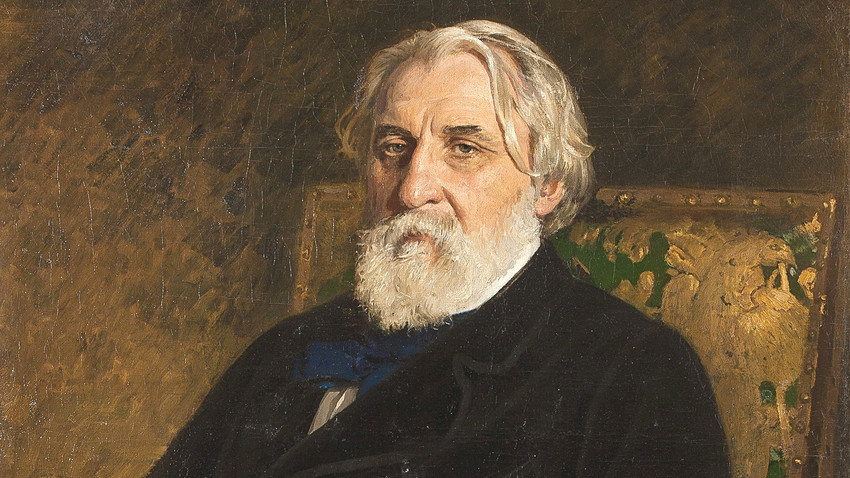
Portrait of Ivan Turgenev by Ilya Repin
Tretyakov Gallery1. He created the image of the strong-willed woman
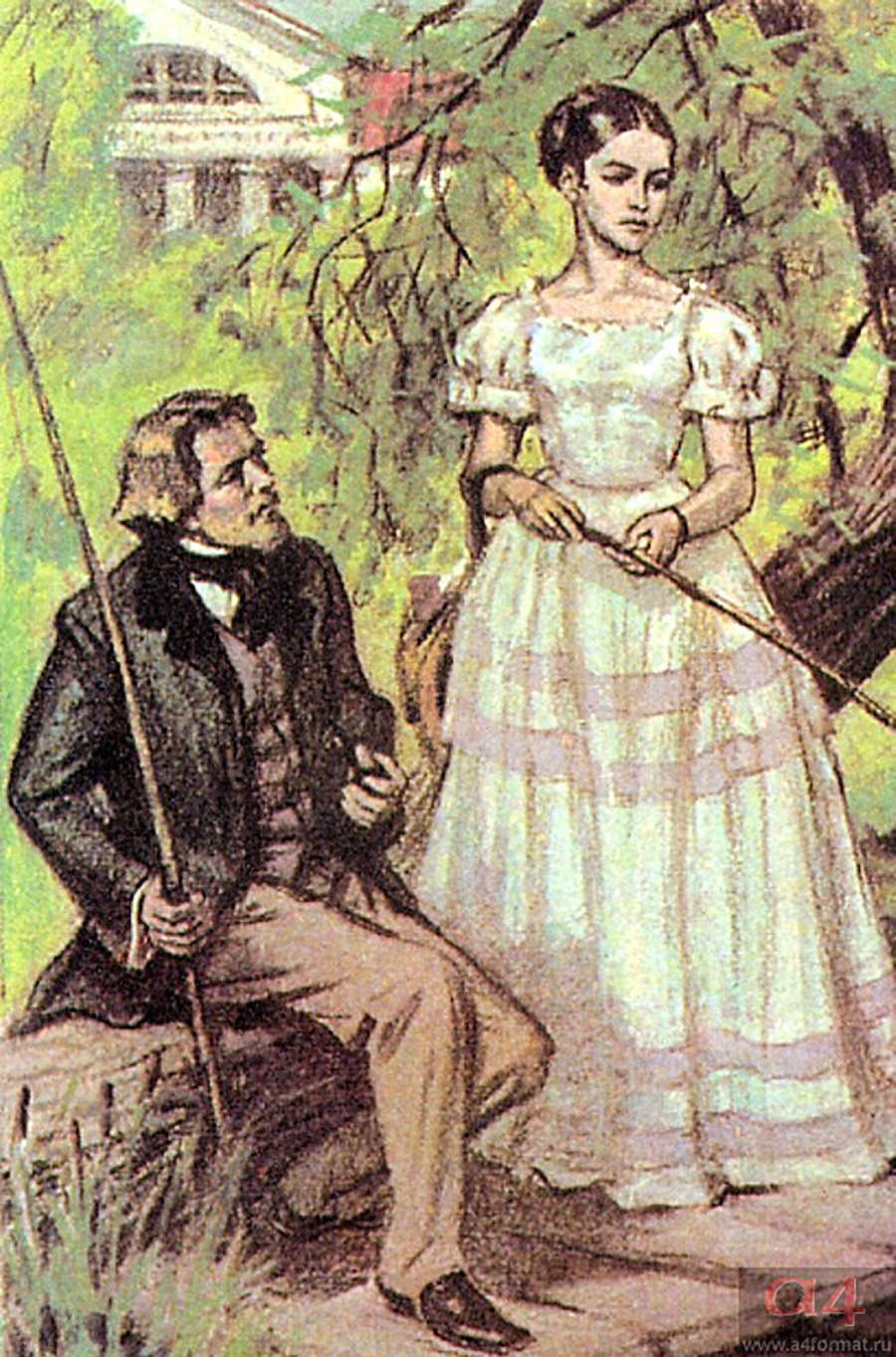
Elizaveta Kalitina and Lavretsky, illustration for 'A Nest of Gentlefolk'
David BorovskyThe “Turgenev lady” – an expression that has become popularized in Russia in a somewhat simplified sense, signifying a “touchingly delicate, rosy-cheeked damsel” – is
Nevertheless, Turgenev lightly mocks what he views as overly emancipated women: Kukshina from the novel Fathers and Sons is close to a caricature. She smokes, tries unnaturally to be like a man, and makes random quotes from high-brow literature that always miss the mark.
2. He put his finger on the most important issues
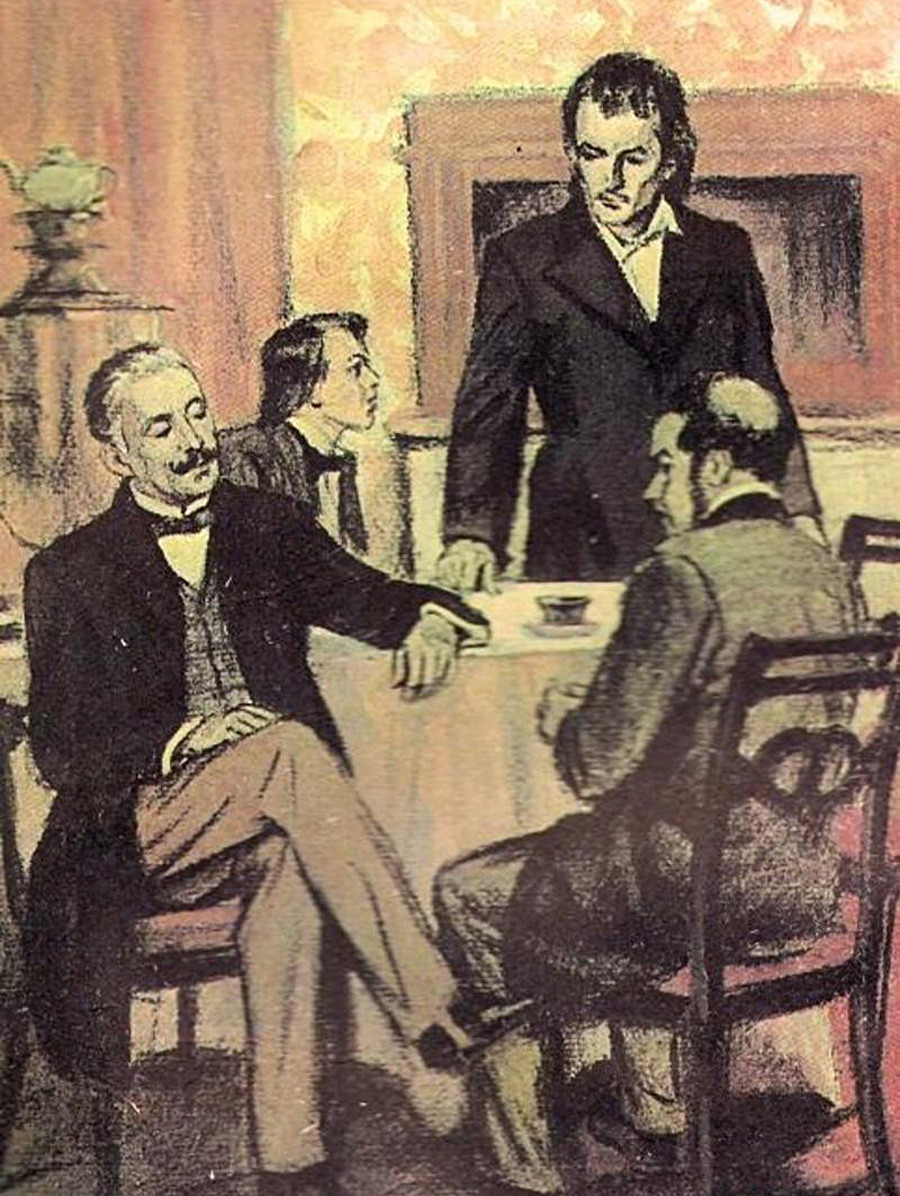
Illustration for 'Fathers and sons' novel
David Borovsky19th-century Russia is a literary-centric society that gets its news from books. In his famous novel Fathers and Sons, Turgenev is the first to raise a question that speaks to all times and nations: the contradictions and antagonisms between parents and children, between two different generations, are intractable; one side is from Mars, the other from Venus.
The literary hot potato that was Fathers and Sons also opened the public’s eyes to the existence of nihilists – people who deny all religion and social etiquette, and even love (“It’s chemistry, nothing more”).
What’s more, Turgenev introduced the term “superfluous man”
3. He championed the rights of serfs
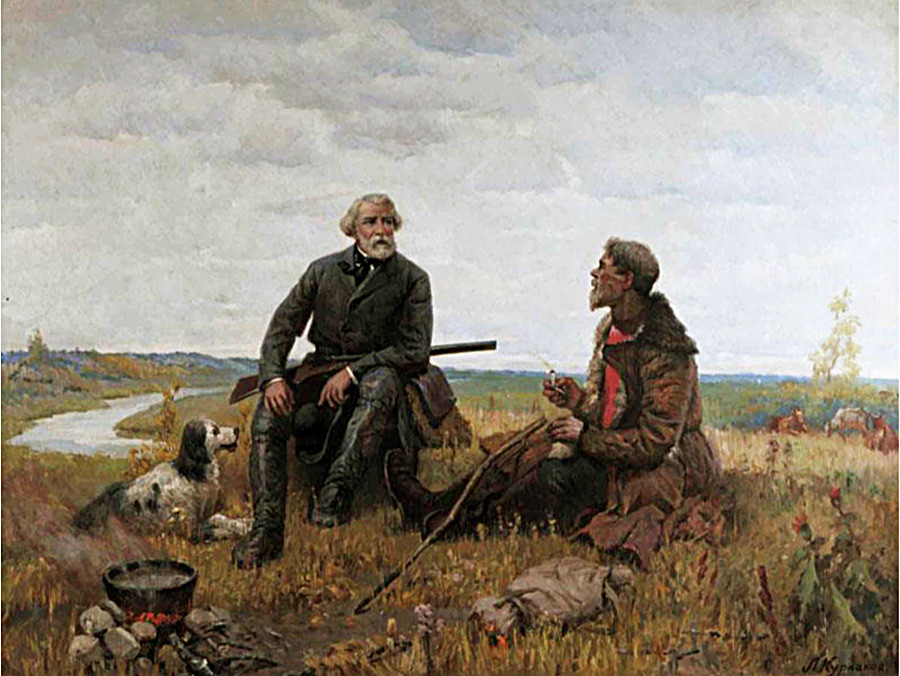
'Turgenev hunting' painting
L.I. KurnakovThe collection brought Turgenev overnight fame. However, the censor who allowed its publication was dismissed on the personal orders of Tsar Nicholas I.
After the abolition of serfdom in 1861, the theme of the oppressed masses was taken up by another Russian literary great, Nikolai Nekrasov, a friend of Turgenev and the editor of Sovremennik (“Contemporary”) magazine, in which the first story from the Sketches was published.
4. He was one of the first to spot the talent of Leo Tolstoy
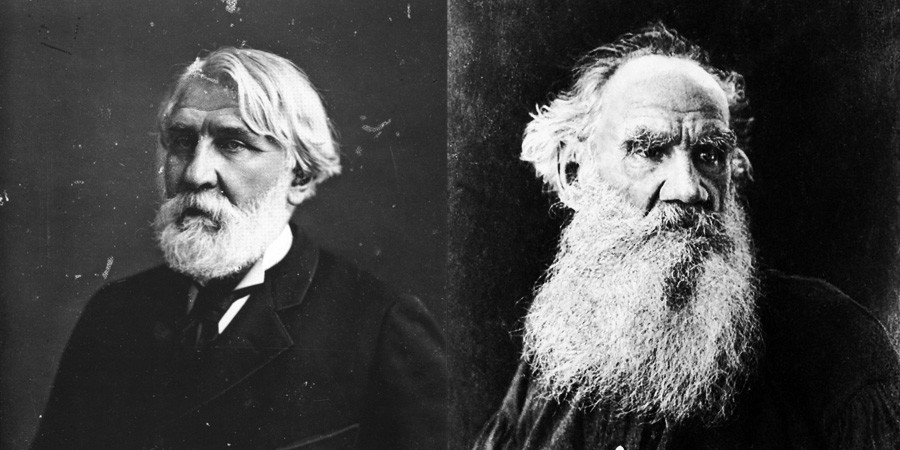
Ivan Turgenev (L); Leo Tolstoy
Archive photoTolstoy
5. He popularized Russian literature in Europe
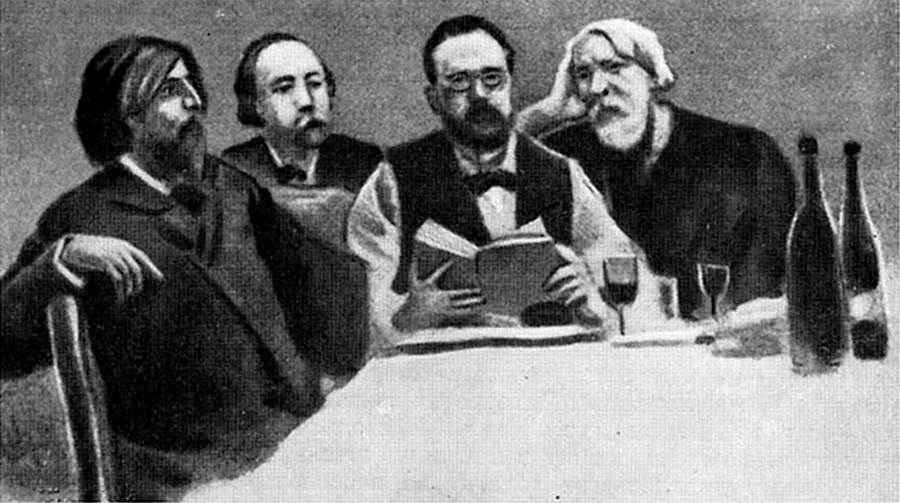
L-R: Alphonse Daudet, Gustave Flaubert, Émile Zola, Ivan Turgenev
Archive photoTurgenev traveled extensively, studying in Berlin and living in Baden-Baden and Paris, and corresponded and communicated with the most prominent Western writers, including Dickens, Hugo, Maupassant, Flaubert, and many others. Europe, which could not read Russian, learned about Russian literature and the genius of Pushkin and other writers from the mouth and pen of Turgenev.
Turgenev likewise introduced Russian readers to Western authors. He translated Byron and Shakespeare, lamenting that playwrights were unable to cast off the shadow of the Great Bard and stop imitating him
Read more: We (sort of) sat down with Leo Tolstoy to talk about life
If using any of Russia Beyond's content, partly or in full, always provide an active hyperlink to the original material.
Subscribe
to our newsletter!
Get the week's best stories straight to your inbox